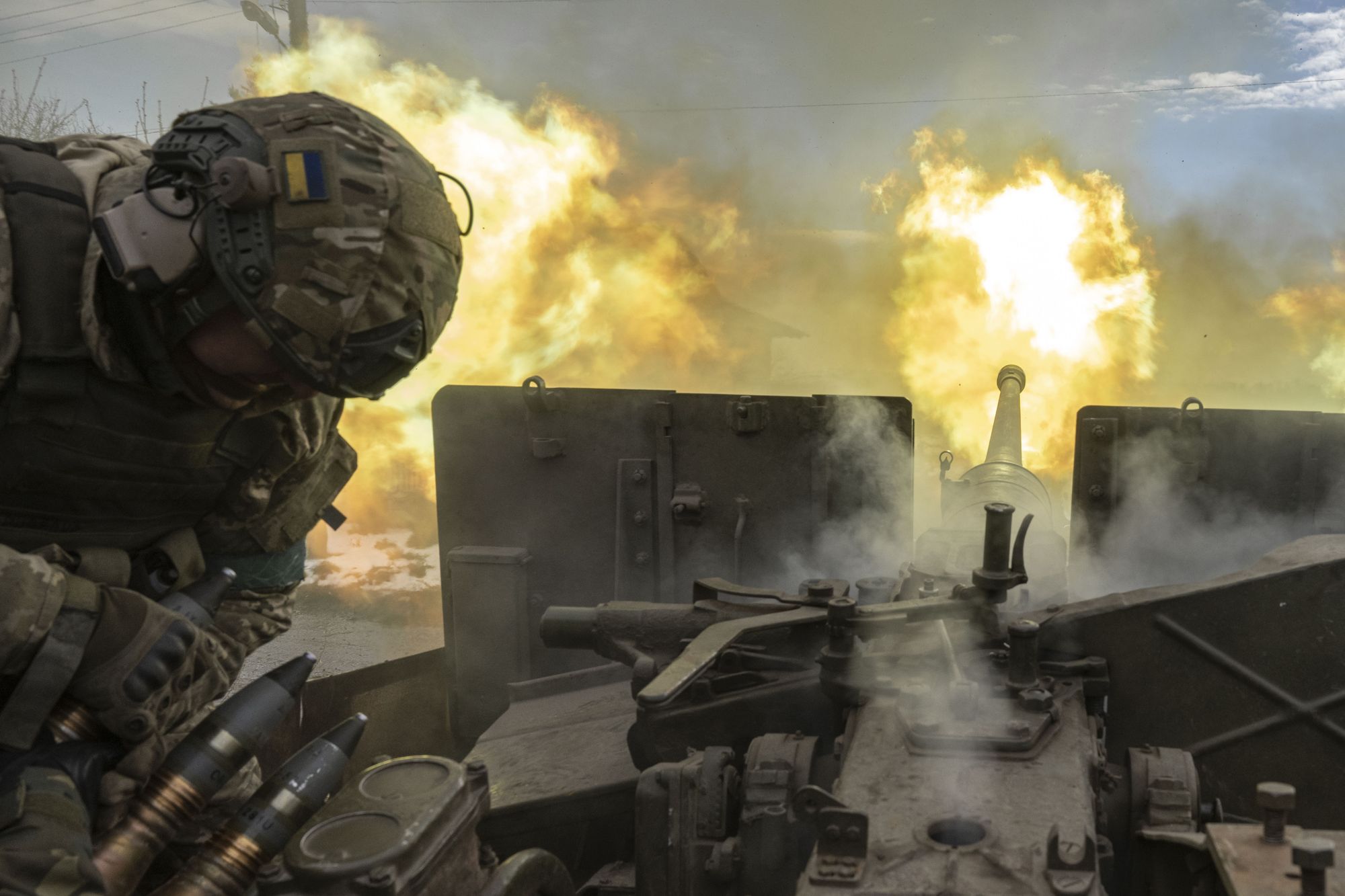Commissioner: EU can produce 1 million shells, missiles per year with enough effort from member states

Editor's note: The article's headline originally cited Breton saying that the EU will be able to produce 1 million artillery shells per year. It has been updated after later media reports clarified he referred both to artillery shells and missiles.
European Commissioner Thierry Breton said that the EU is capable of producing 1 million artillery shells and missiles per year for Ukraine by spring, provided enough effort from member states, Ukrinform reported on Nov. 14.
This would be a positive sign for the EU's pledge to provide Ukraine with 1 million artillery shells.
Ukraine's Foreign Minister Dmytro Kuleba and German Defense Minister Boris Pistorius said earlier that the EU's plan to provide Ukraine with a million shells within a year will likely miss the March 2024 deadline.
However, according to Breton, the EU has increased its ammunition production by 20-30% since February and should be able to produce 1 million shells and missiles annually by next spring.
Although the bloc has sufficient capacities, the fulfillment of the target depends on individual members, Breton added, according to European Pravda.
Notably, Kuleba said that the EU does not lack the political will, but the shell delivery is hampered by the "lamentable state" of the European defense industry.
"I am responsible for the production capacity of ammunition, so I can confirm that the goal of producing more than a million ammunition rounds annually... can be achieved," Breton said.
"It is the member states who must place the order for this ammunition, who must produce it, and who must ensure that it is produced primarily for Ukraine. All this is in the hands of the member countries," the European commissioner for the internal market said before meeting EU defense ministers.
According to a plan approved by the EU in March, the bloc would provide Ukraine with a million shells within a span of one year. The first step of the program involves reimbursing supplies from member states' own stocks, the second step is joint purchase of new munitions.
On Nov. 13, the EU's top diplomat, Josep Borrell, said that the bloc had completed the first step of the program by delivering some 300,000 shells from EU arsenals.
According to Borrell, the next step will depend on how fast the contracts can be drawn and the speed of industrial production. He also suggested rerouting some of the European munitions earmarked for third-party countries to Ukraine.
The bloc's plan to ramp up shell production to boost Ukraine's artillery capabilities has been plagued by bureaucracy and protectionism of individual countries, an investigation by the Kyiv Independent and its partners revealed.
Ukraine's need for munition supplies becomes ever more pressing as Russia is boosting its defense budget for 2024 and was reportedly able to secure over 1 million shells from North Korea, while political infighting in Washington causes cutbacks in U.S. military support for Kyiv.












